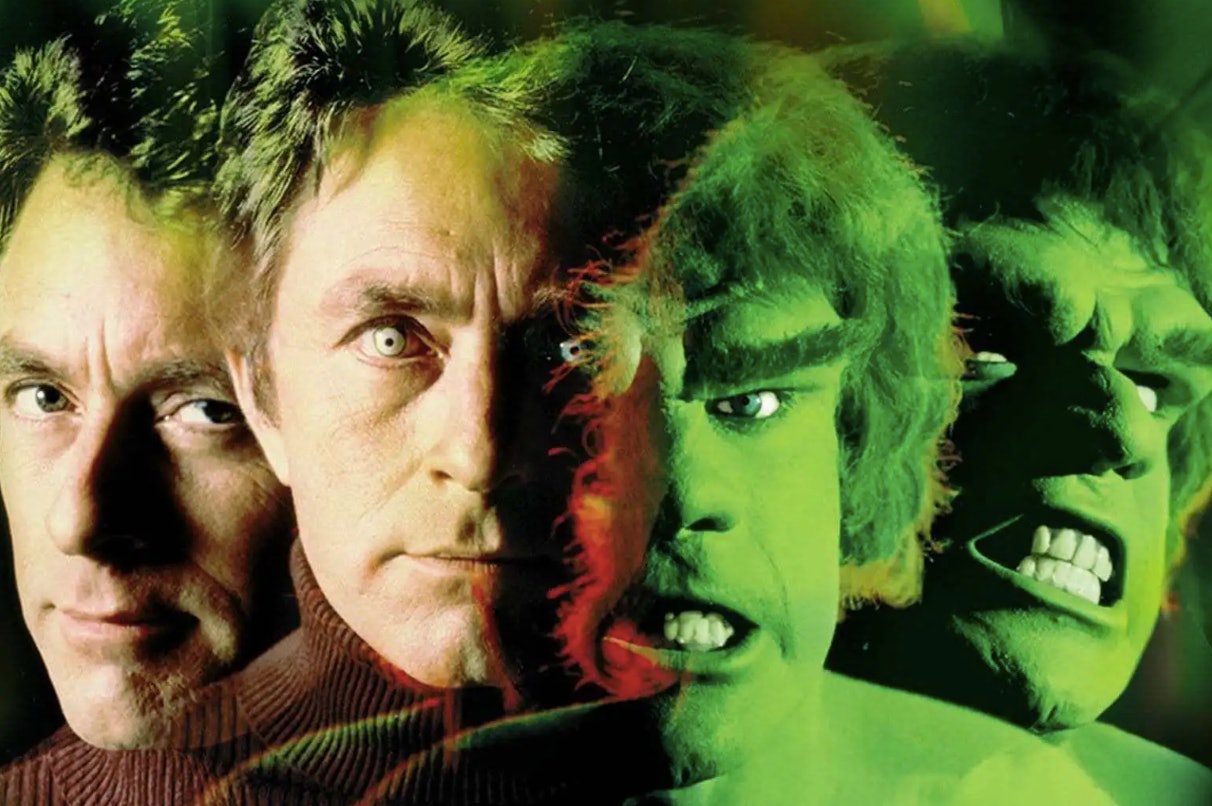
The Incredible Hulk deserves your respect.
While a green-painted man with cutoff jeans, a bad wig, and occasionally visible slippers wouldn’t cut it in today’s era of highly sophisticated special effects, the landmark television show led the way for comic book heroes to be seen in a new, more serious, light.
The Incredible Hulk starred Lou Ferrigno as the Hulk himself and Bill Bixby as David Banner (instead of ‘Bruce’). The show debuted with an extended pilot on November 4th, 1977, and continued until 1982. It was then followed up by a handful of TV movies. Most remarkably, this was an hour-long drama that aired in prime time and was aimed at adults, not children, and it was the first Marvel property to be given such a mature approach.
“Ruffalo, I think he’s been the best of all of them.”
This was 45 years ago. 23 years before X-Men began our current wave of comic book movies, 12 years before Tim Burton’s Batman asked us to take superheroes more seriously than we ever had before, and two years before Richard Donner made the first modern comic book film with Superman.
The Incredible Hulk took the subject matter seriously by grounding it in every way possible. Instead of bombastic comic book villains, the Hulk’s main antagonist was an investigative reporter, played by Joe Colvin. Instead of epic brawls with bigger and badder monsters every week, The Incredible Hulk delved deeper into the character of Banner by exploring the character’s natural Jekyll-and-Hyde parallels and it made front-and-center Banner’s inherent loneliness.
So, while the green-painted Lou Ferrigno might not hold up for modern audiences, The Incredible Hulk deserves credit for paving the way for adapting mature storylines with a comic book character, which is why Inverse wanted to catch up with TV writer, producer, and director — as well as the author of the new novel, Holmes Coming — Kenneth Johnson, who adapted the Hulk for the small screen.
45 years later, Johnson still says that The Incredible Hulk is near and dear to his heart, even if they never quite got that wig right.
Inverse: How did you end up developing The Incredible Hulk?
Kenneth Johnson: In early 1977, I had just had extraordinary success with The Bionic Woman and I was producing The Six Million Dollar Man. Universal came to me and said, “We’ve just acquired the rights to the Marvel comics superheroes, which one would you like to do?” They laid out for me five different options and explained who they were. It was the Hulk, Captain America, Ms. Marvel, The Human Torch, and The Man from Atlantis. After hearing what they had to say, I said “No thanks. No spandex for me, fellas.” I really did not want to do it.
That night, I was reading a book that my wife Susie had given me, the original Les Miserables by Victor Hugo. That’s a fugitive story, with Jean Valjean being pursued by Inspector Javert. So I thought, maybe there’s a way to take a little bit of Victor Hugo, a little bit of Robert Louis Stevenson’s Jekyll and Hyde and use that for this ridiculous thing called The Incredible Hulk.
So I went back to Universal and said, “I’ll do it, but only if it’s this take that I want to do, which is a very realistic take. It also has to be my casting.” They agreed and I signed on for two TV movies before it was approved for a series.
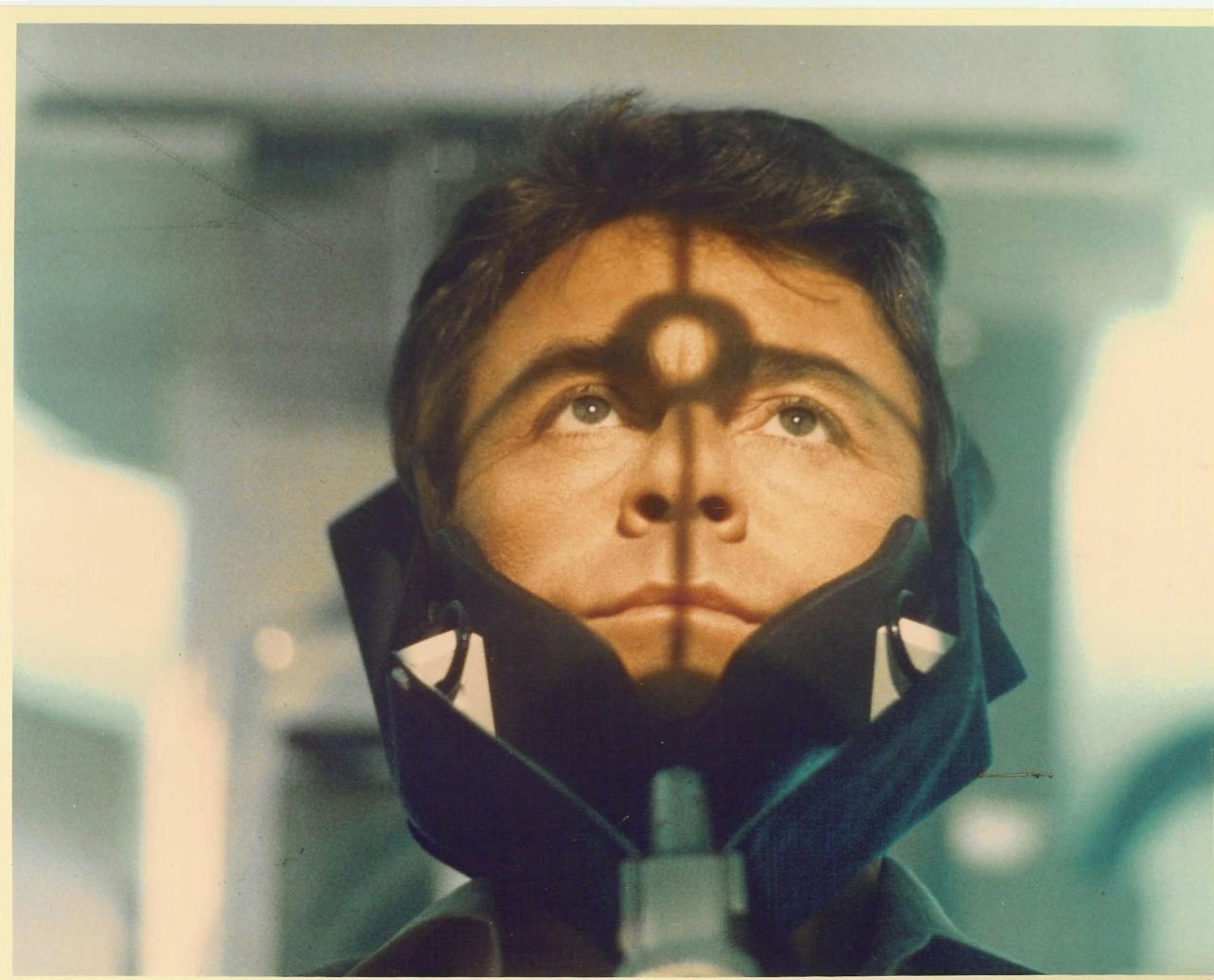
Did Stan Lee support your more realistic interpretation?
He did. He didn’t have approval over the show, but I would run things by him and I told him that I really wanted to get away from everything comic book-y and he was fine with that. Two big conversations were about the character’s name change and the Hulk’s color.
For the name, I wanted to get away from all those comic book alliterations, so I changed it to David Banner. He was fine with that, but then I asked him, “Why is the Incredible Hulk green? He should be red. Red is the color of rage.” The answer was this whole nonsense story about how he was originally gray in the comic book and then the printer thought they could make a pretty consistent green and that’s why the Hulk is green. It wasn’t even the publisher! It was the printer! Anyway, I lost that one.
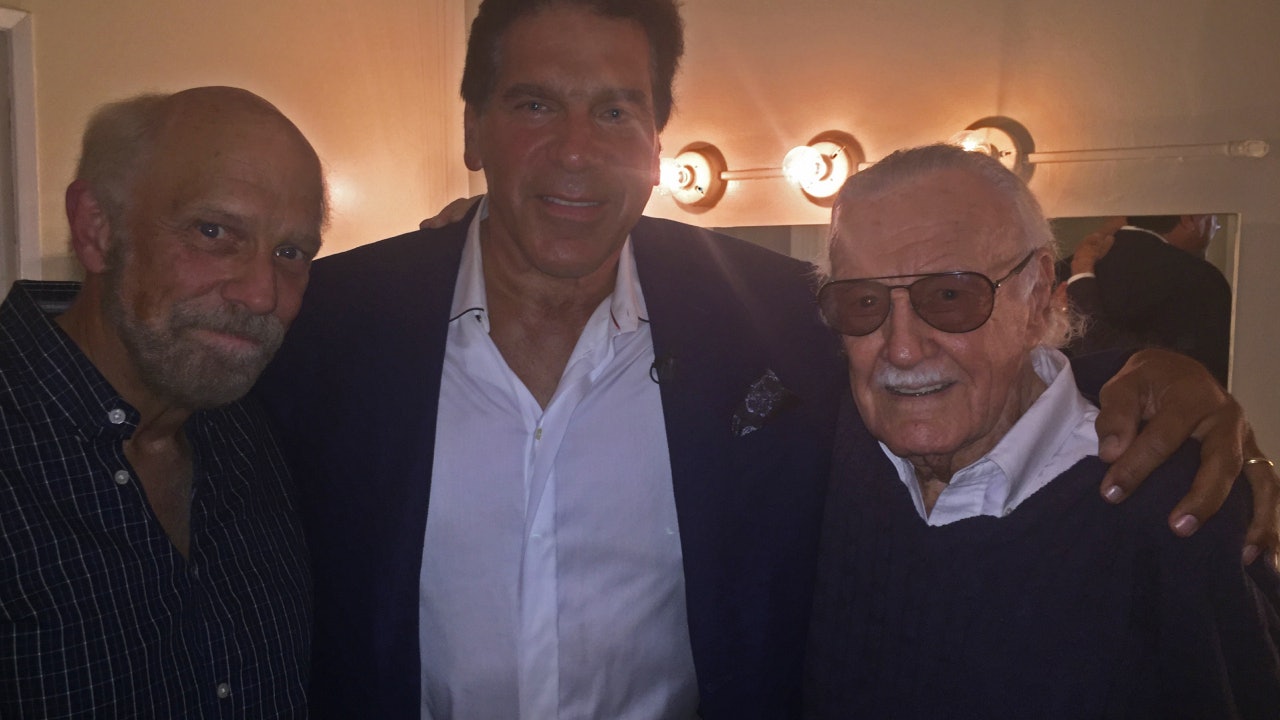
There was another conversation we had when I was doing the second movie. I had a scene in it where the creature — I always called him “The Creature” — had a fight with a bear. So I sent the script to Stan so he could see it and he called me back and said, “God, I love this script! It shows exactly how this can be a series! It’s such a wonderful script! And there’s the fight with the bear, that’s great! But it ought to be a robot bear!” Honest to God, that’s what he said.
So I said, “Stan, let me try to explain this. We’re trying to bring in an adult audience and an adult audience will only give you so many buys.” Then he said, “Why not have a robot bear? You’re doing robotics all the time on the Bionic shows.” I tried to explain that the Bionic shows are a world of robots, but with the Hulk, you’re already asking them to buy Lou Ferrigno as this big green guy, but if you’re also asking them to buy that there are robot bears roaming around, you’ll lose them.
“That’s great! But it ought to be a robot bear!”
He was like a dog with a bone though, he wouldn’t give up. It wasn’t until I was in New York, filming a scene of the Hulk in Times Square where, during lunch, I walked over a block to see him at Marvel and get this robot bear business sorted out. As soon as he sees me he says, “Kenny, did you get the letter I sent you?” I said “No,” and he said, “I wrote you a letter saying that you’re right! It should not be a robot bear. I see what you’re saying. Go with God.”
Bless his heart, Stan has always credited our show with really starting the snowball moving down the hill. He was very sweet, several times he said, “I wish Kenny had done all of my characters.” That's about the biggest compliment one could ever get from such a genius as Stan Lee.
Can we talk about casting?
Bill Bixby was in my head from the very beginning when I started writing. I’d seen him in 1973 in a TV play on PBS called Steam Bath. In that 90 minutes, I saw Bix hit every color imaginable in an actor’s repertoire — it was extraordinary. Plus, he was a big TV star with a lot of class, so I knew it was him.
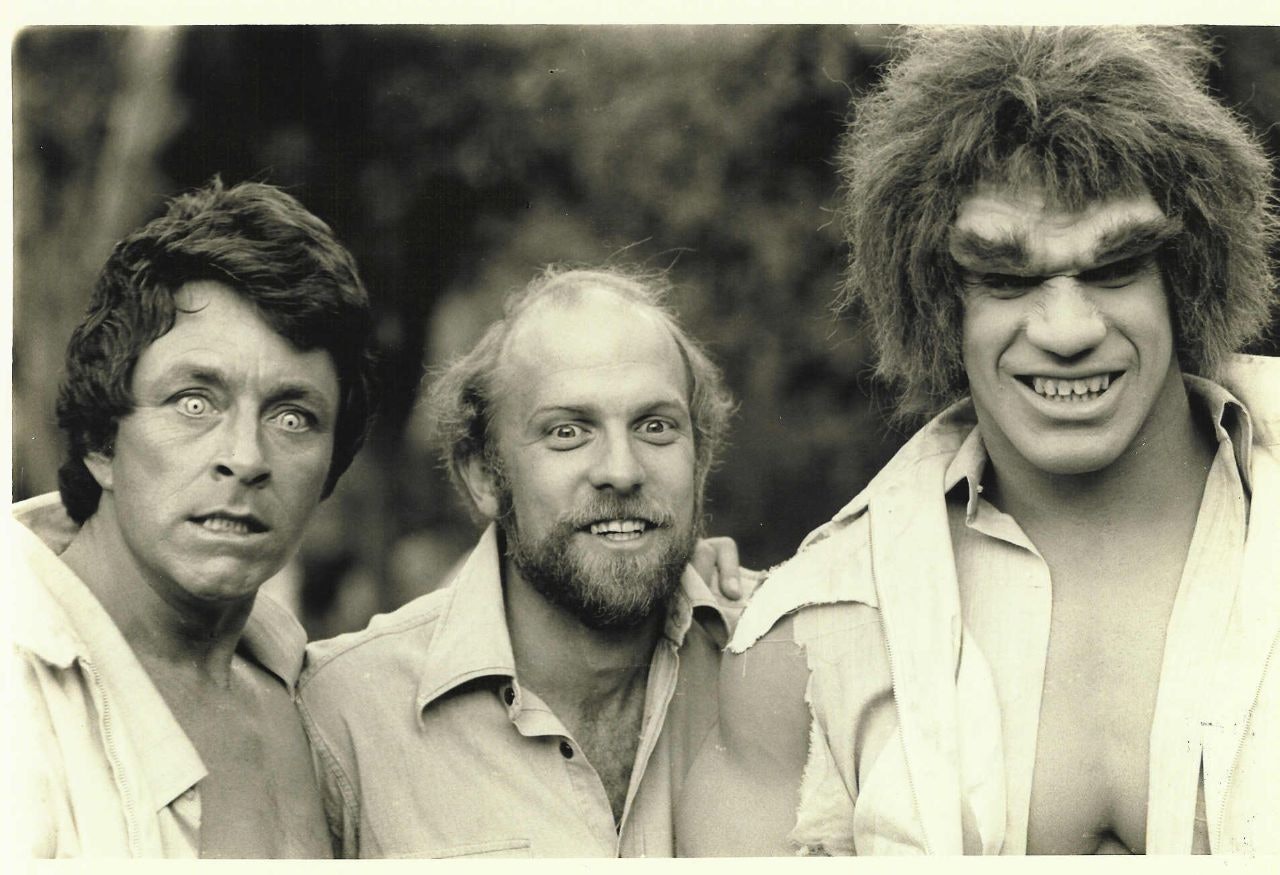
For the creature, we went to Schwarzenegger first, even though he was a little bit short, but he was busy doing Conan, so he recommended Lou Ferrigno. Lou had never acted before though and I wanted an actor, so we cast Richard Kiel, who was 7’2” and was a serious actor. But his physique wasn’t quite right for the Hulk and after a few days, we realized it wasn’t working.
Then we went back to Ferrigno and we played out the scene in the pilot where Susan Sullivan dies in his arms with me in Susan’s part. This is where he becomes unglued and screams and Lou did pretty well. So, Lou came on board and, with the help of Bix and Jack Colvin — who was a very accomplished drama coach — Lou started growing as an actor immediately.
When did you first start to realize the show would be successful?
The first time I saw Bill Bixby with those white contacts in his eyes, I knew he had a hit on our hands. Also, the scene where he’s in that chair, getting the dose of gamma rays and the crosshair was on his forehead — those two moments stood out to me as when I knew we really had something.
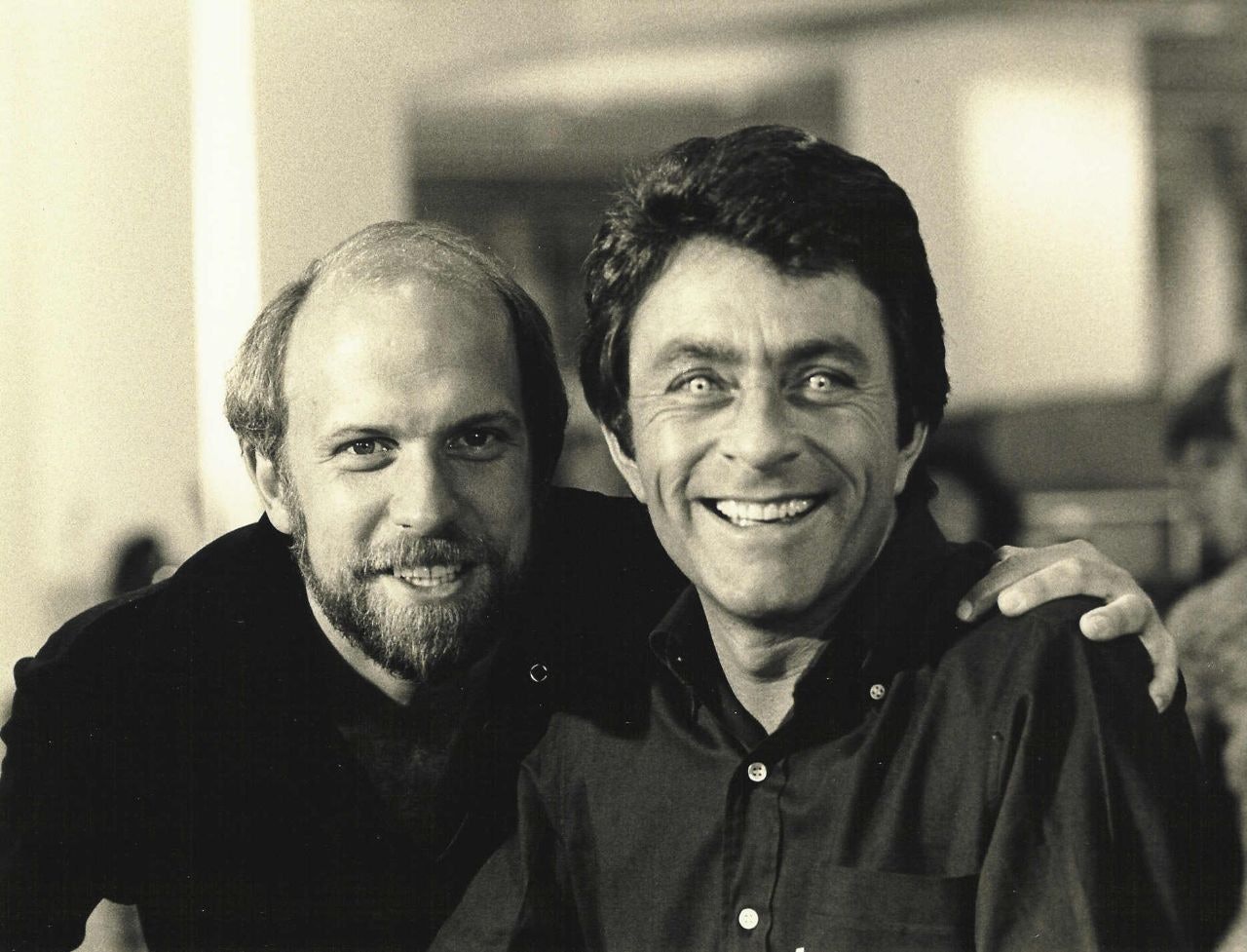
When we premiered the pilot, we had a screening and it was an amazing night. Some critics just dismissed it as Lou Ferrigno in a ridiculous fright wig, but most of the response was really positive. By the way, I agree about the wig. We never quite got that goddamn wig right.
Anyway, when we got to the series itself, it became a big hit on CBS. It was what they called a “four quadrant show” — it was a hit with kids, teens, adult men and adult women. Our largest single audience group was adult women. I’ve wondered about that and I think it was because I've always been more interested in character and relationships than in action and car chases and that sort of thing.
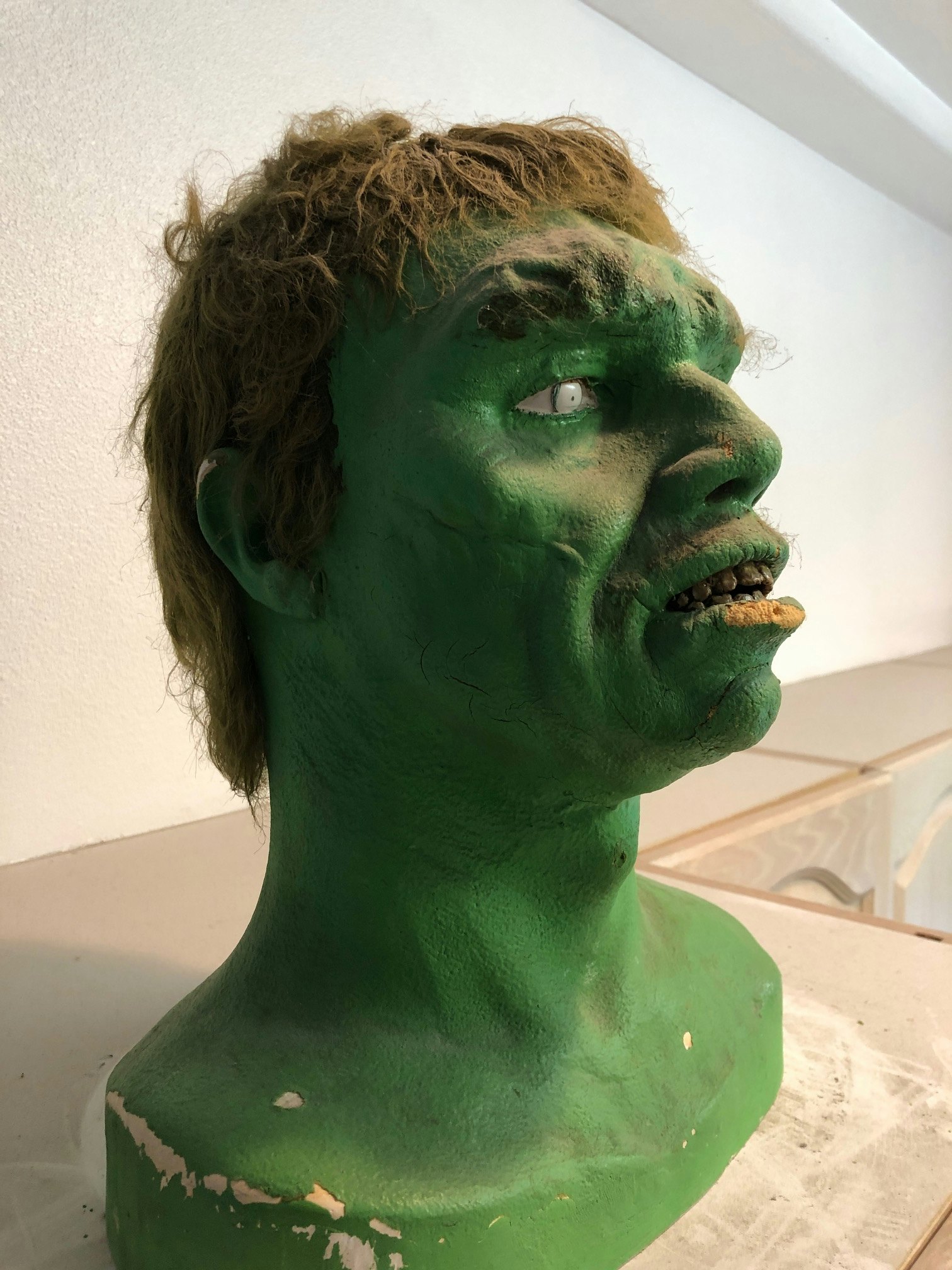
Are there any other memories that stand out to you?
When we did the line, “Don’t make me angry, you wouldn’t like me when I’m angry,” Bix’s first take was him yelling and full of rage. So, after that first take, I went to Bix and told him, “That line is a joke.” Then he did it again and that second take is the one everyone saw every week in the opening titles.
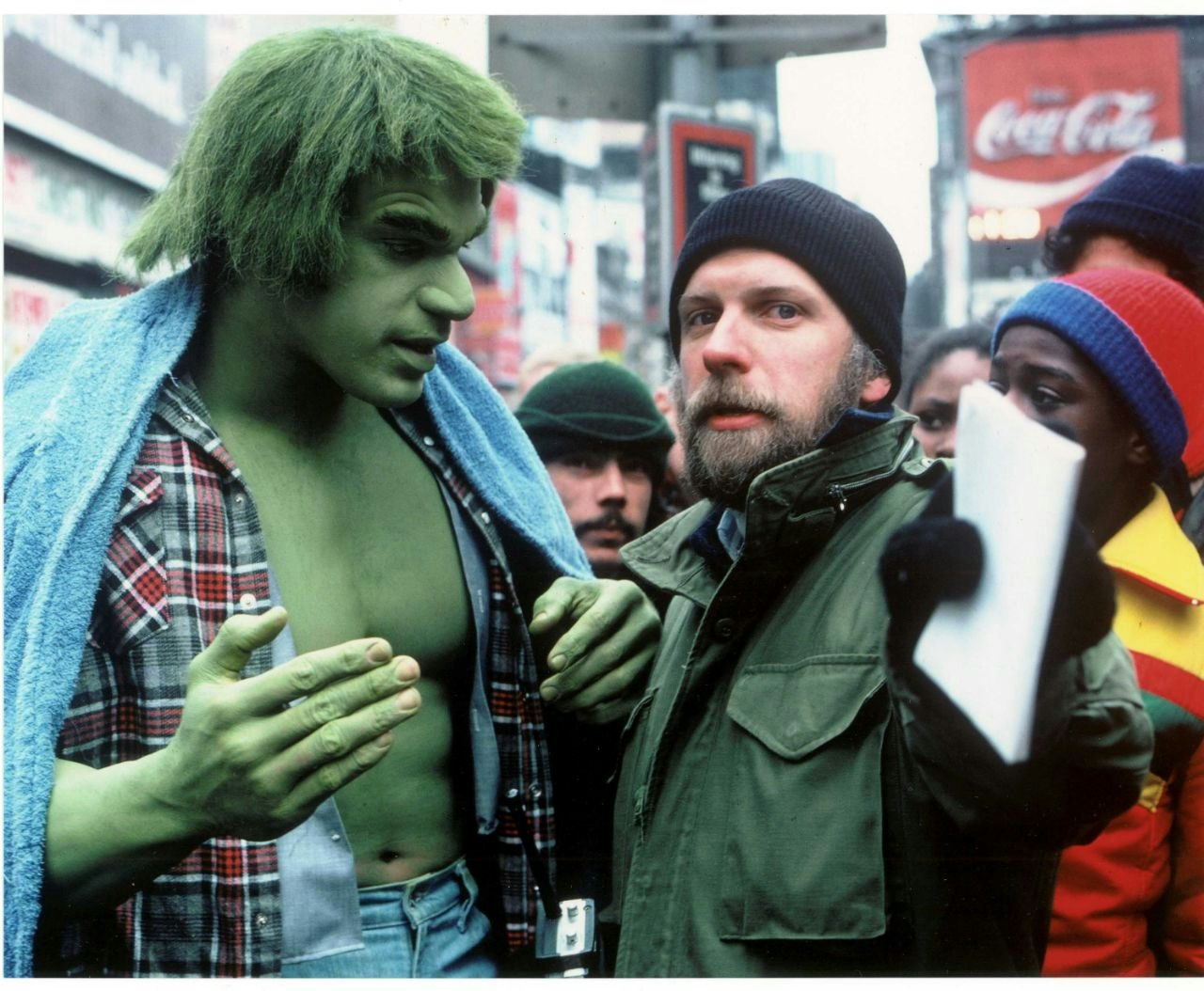
Why did the show end when it did?
We were on for five years and we were still in the top 20, but a new guy came in at CBS when we were six episodes into Season Five and he just said he didn’t want to do it anymore. It’s too bad, because in the fifth season, we had plans for Banner’s sister having a disease where only the blood of a sibling would save her life. We weren’t going to do a bra-popping She-Hulk, but we were going to do a woman Hulk who was crazy and scary and dangerous.
I’m proud of what we accomplished though, over the years I’ve gotten a lot of emails and people telling me that they loved the show and that it helped them through some really hard times. I had a few people tell me they became a doctor because of the show, which is really incredible.
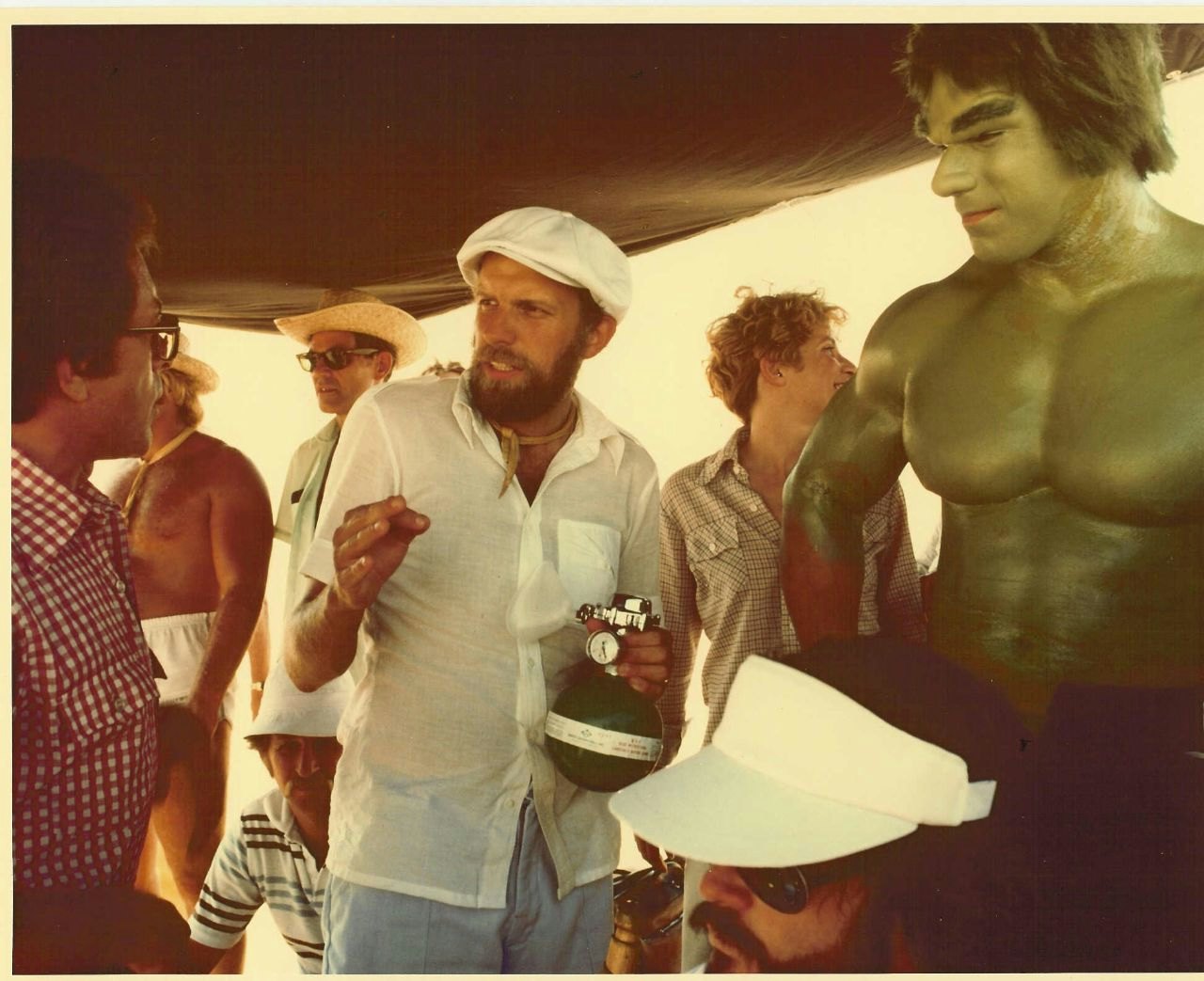
Do you have any opinions on Eric Bana’s, Edward Norton’s or Mark Ruffalo’s takes on the character?
When they did the first movie, the one Ang Lee directed, Louie invited me to the premiere and I took my wife. A little while into the movie, she leaned over to me and said, “Is it me, or is this the worst movie I’ve ever seen in my life?” I told her to give it time, but it just got worse and worse. The only line that got a rise out of people was when he said, “Don’t make me angry, you wouldn’t like me when I’m angry,” everyone cheered for that. After it was over, everyone was trying to sneak out of the theater and one of the Variety reporters came up to me and said, “Mr. Johnson, don’t make me Ang Lee, you wouldn’t like me when I’m Ang Lee.” True story.
For the next one, the Edward Norton one, the guys doing it were saying lovely things about our show. When I saw the first trailer for it, it looked like, at first, they were trying to focus on the emotional stuff, but then this big, green hand came out of the concrete and I just went “No.” The CGI just took me out of it. It wasn’t until Avengers, when the Hulk didn’t have to carry the movie, and he was among other unreal characters did I really think it finally worked. And Ruffalo, I think he’s been the best of all of them. I am a big fan of his in general, but I think he’s really channeling Bix in that role.
Were you aware that they recently paid homage to your series on She-Hulk?
I heard about that! I haven’t seen it yet, but I’ll have to check it out. My favorite recreation of our series was actually on Family Guy, those guys did it perfectly.







